A posthumous pardon has been granted to the great mathematician, logician, cryptanalyst, and philosopher, reports Roger Highfield, Director of External Affairs

Quantum dots will change the world says Prof. Jim Al-Khalili, and they deserve your vote as the innovation most likely to shape our future.
“No technology has been so pervasive so quickly as the internet. Twenty-five years ago it was a mystery to most people and now several billion of us use it everyday, several times a day.” Brian Eno on why you should vote for the the World Wide Web.
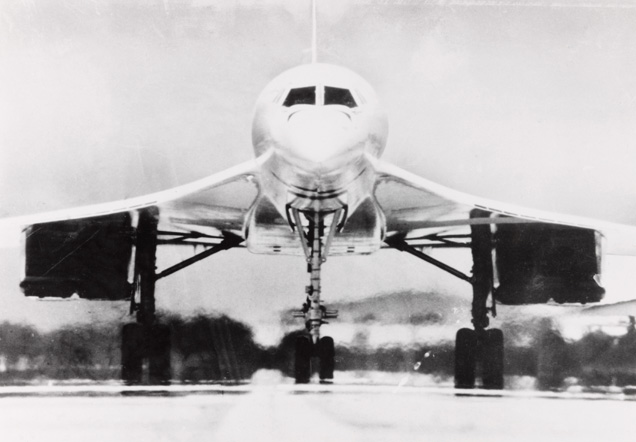
A 1970s aviation icon and triumph of engineering: Why Concorde is the greatest British innovation of the past 100 years.
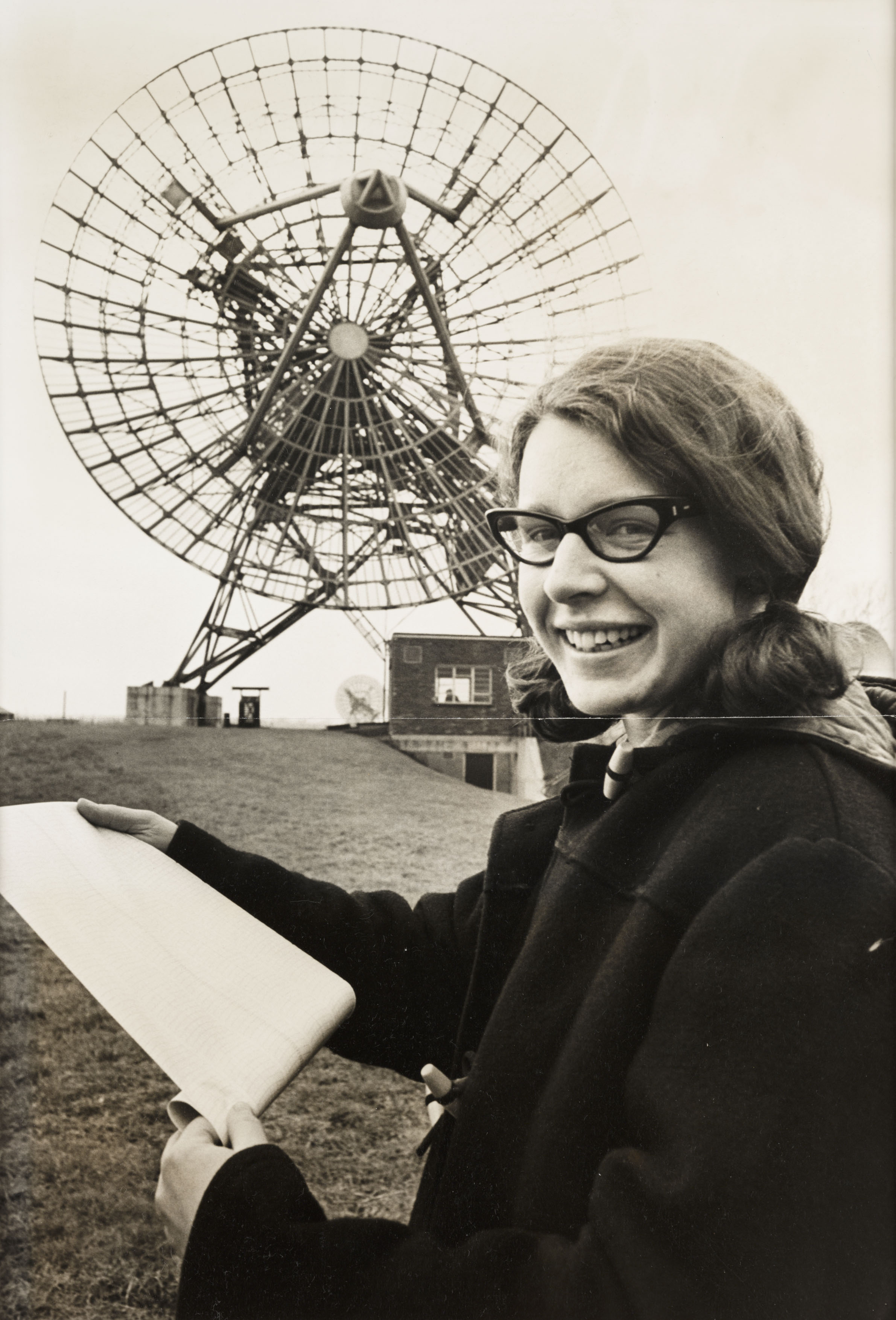
In 1967, a twenty-four year old post graduate student made one of the greatest astronomical discoveries in living memory. We take a quick look at the 1960s discovery of pulsars.
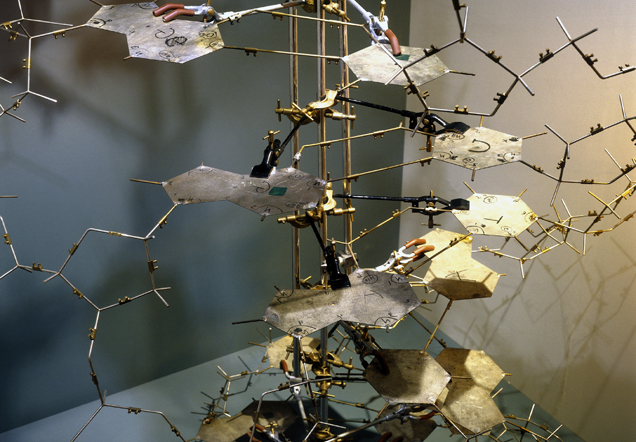
Almost all frontiers of biological research in the 21st century owe their origins to the discovery of the structure of DNA by two Cambridge scientists and their contemporaries at King’s College London 60 years ago.
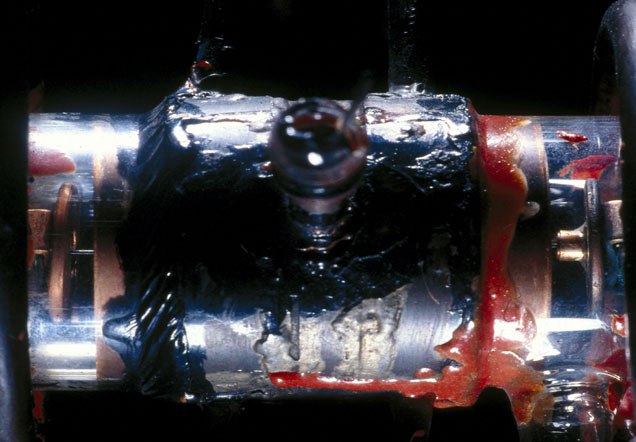
You might wonder what the humble microwave oven, University of Birmingham and changing the course of World War II have in common. The answer: the cavity magnetron.
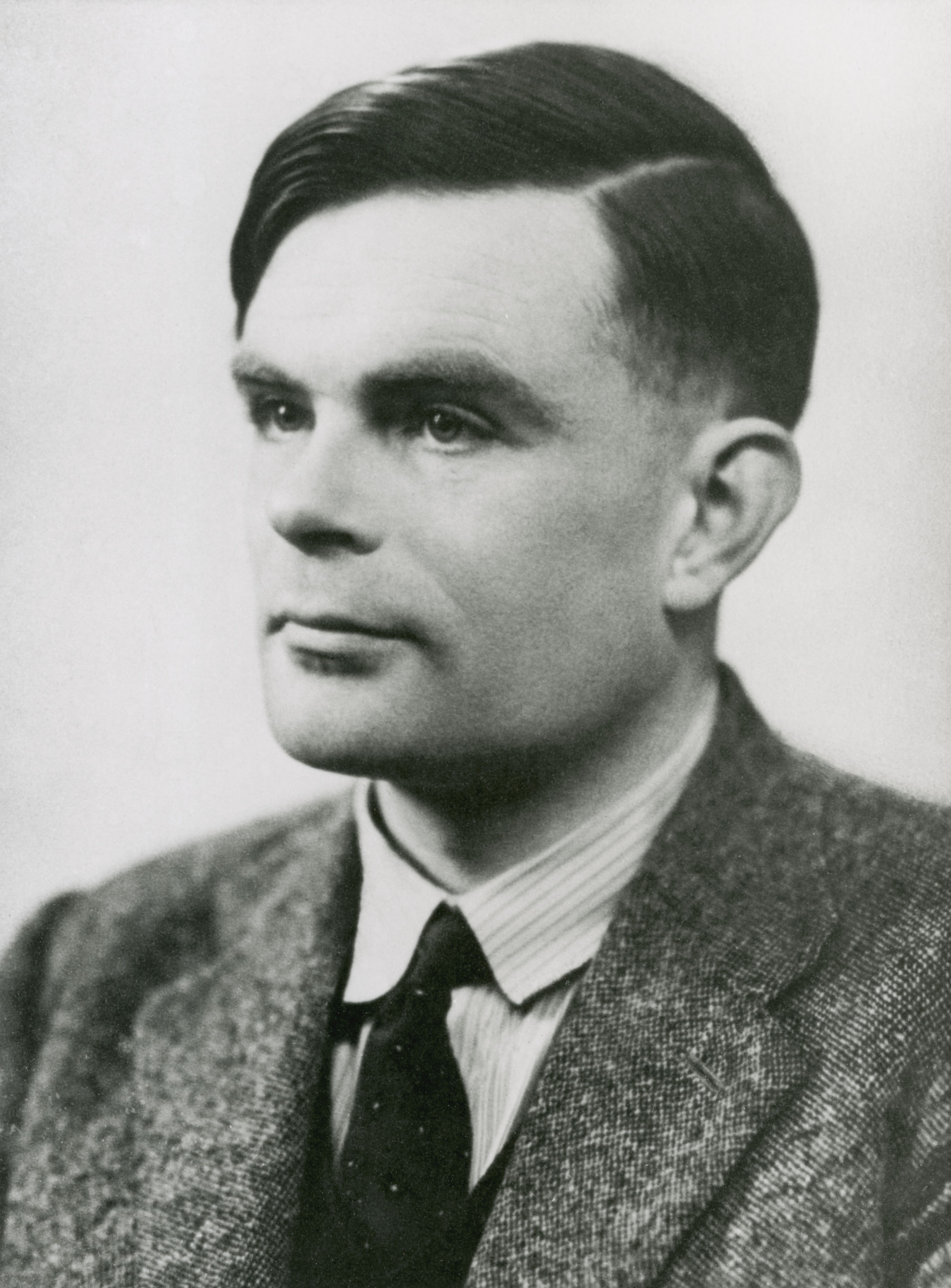
Without Turing’s Universal Machine, we would not have the computers that we take for granted today, which is why it deserves your vote as the Greatest British Innovation.
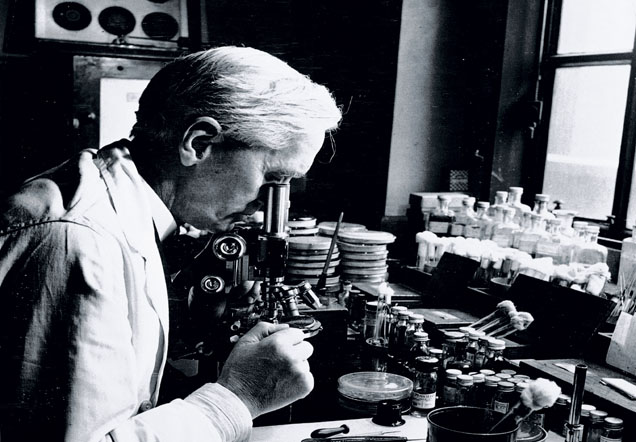
It’s hard to imagine life without penicillin. This drug, which many of us take for granted, has saved millions of lives since its discovery by Alexander Fleming less than a century ago.
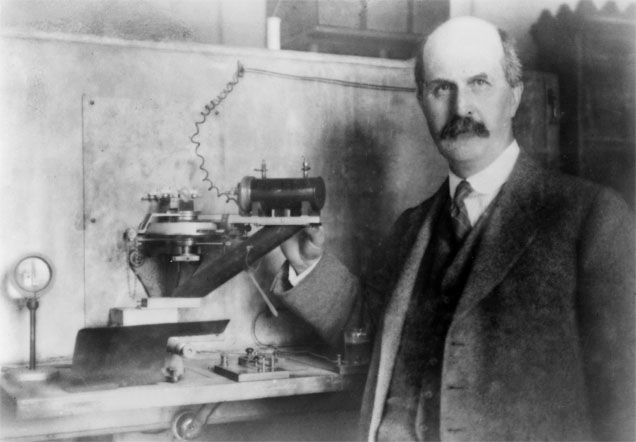
To paraphrase the great x-ray crystallographer Max Perutz: it’s even told us why blood is red and grass is green. ‘It is’ said Perutz ‘the key to the secret of life’.

Today, we’re inviting you to decide on the greatest British innovation of the last hundred years – from crystallography to quantum dots – and the innovation most likely to shape our future.